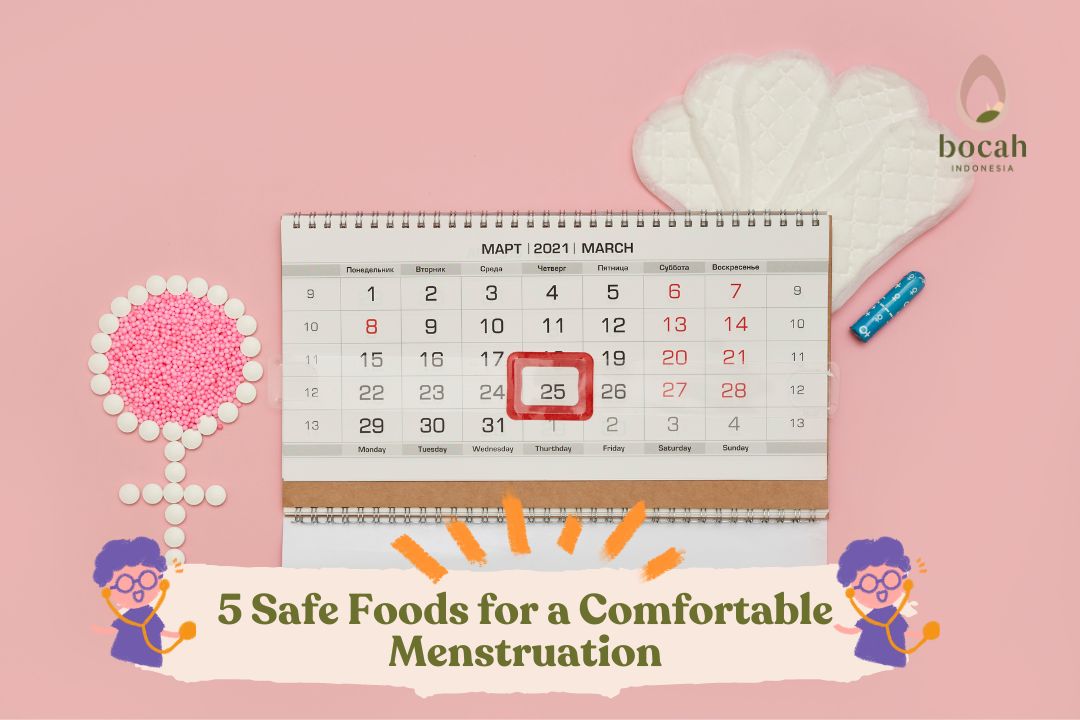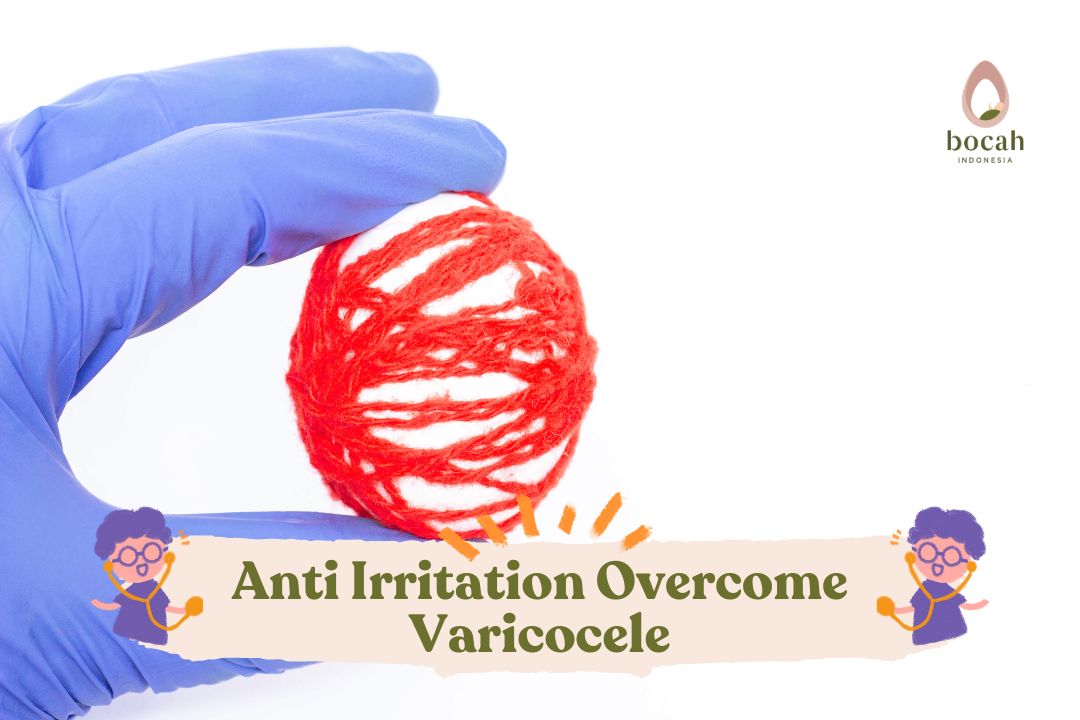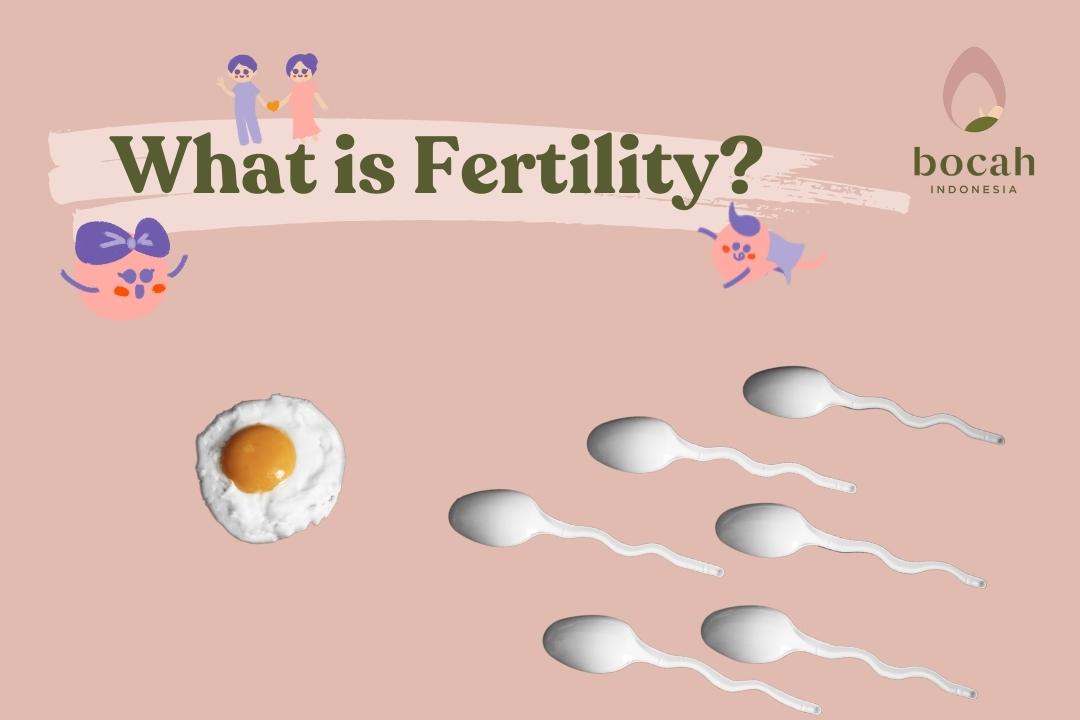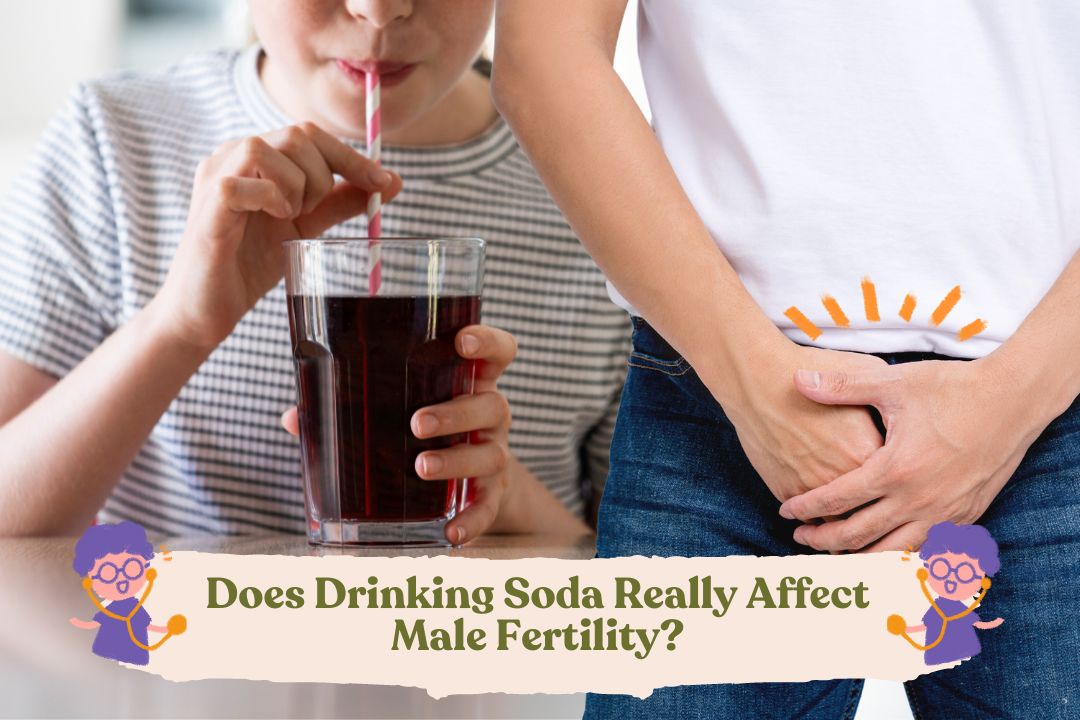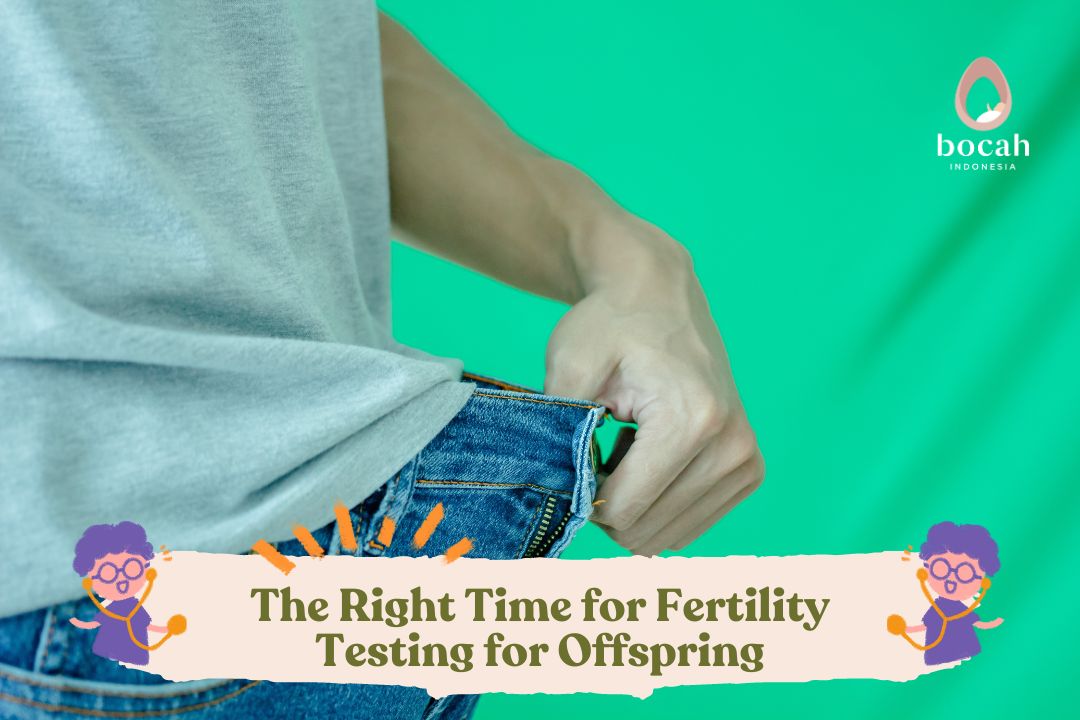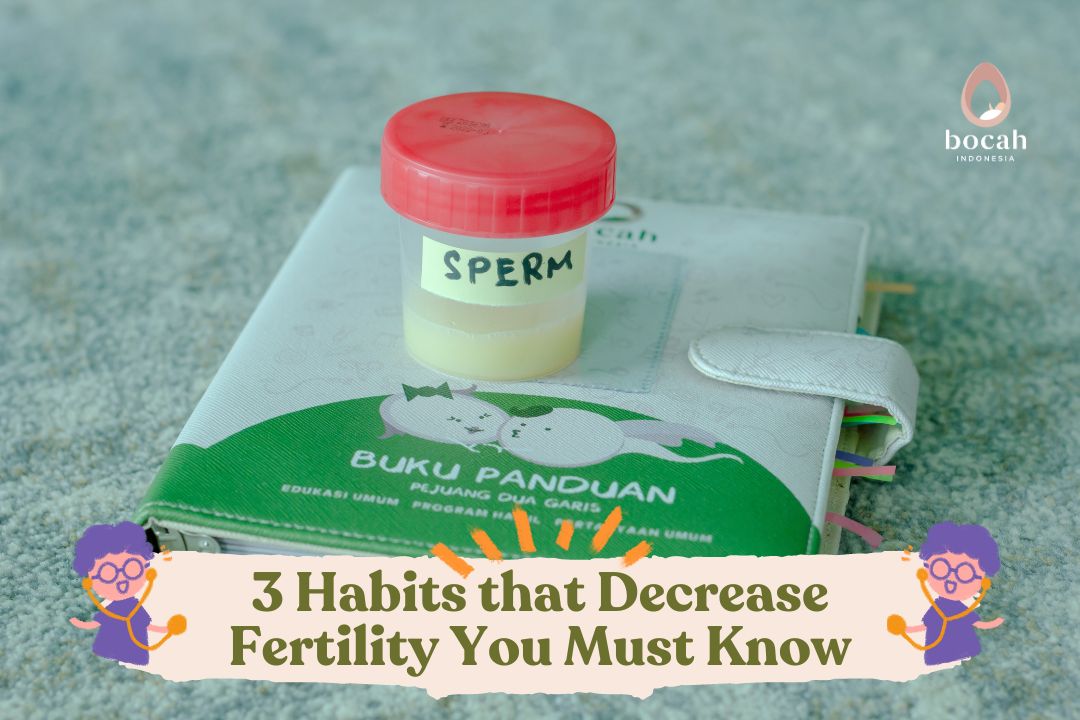4. Reducing the risk of polycystic ovarian syndrome (PCOS)
PCOS is often associated with chronic inflammation. Consuming anti-inflammatory foods can help reduce PCOS symptoms, improve fertility, and regulate the menstrual cycle.
5. Improving endometrial health
Inflammation can affect the uterine lining (endometrium), which is crucial for embryo implantation. Anti-inflammatory foods support endometrial health and increase the chances of pregnancy.
Anti-inflammatory Foods and Their Benefits for Fertility
1. Fatty fish
Salmon, sardines, and mackerel are types of fish rich in omega-3 fatty acids, which have anti-inflammatory properties. Omega-3s help reduce inflammation, improve hormone function, and increase blood flow to reproductive organs. Consuming fatty fish twice a week can provide significant benefits for reproductive health.
2. Berries
Berries such as blueberries, strawberries, and raspberries are rich in antioxidants that help fight inflammation. Antioxidants protect body cells from damage and improve overall health, including reproductive health. Adding a handful of berries to your daily diet can help support fertility.
3. Nuts and seeds
Nuts such as almonds and walnuts, as well as chia seeds and flaxseeds, contain omega-3 fatty acids, vitamin E, and high fiber. These nutrients help reduce inflammation and support hormone balance. Consuming nuts or seeds daily can provide significant anti-inflammatory benefits.
4. Leafy greens
Leafy greens such as spinach, kale, and broccoli are rich in vitamins K, C, and folate, which have anti-inflammatory properties. Leafy greens also help increase blood flow and support hormone balance, which is important for fertility. Make sure to include leafy greens in your daily diet.
5. Tomatoes
Tomatoes contain lycopene, a powerful antioxidant that helps reduce inflammation and improve sperm health. Consuming tomatoes in salads, sauces, or juices can provide significant benefits for reproductive health.
6. Turmeric
Turmeric contains curcumin, a strong anti-inflammatory compound. Curcumin helps reduce inflammation and improve overall health. Add turmeric to your dishes or make turmeric tea to get its anti-inflammatory benefits. By consuming anti-inflammatory foods, you can help reduce inflammation in the body, improve hormonal balance, and enhance reproductive health. Combining a healthy diet with an active lifestyle and good stress management can provide optimal support for fertility.
This article has been medically reviewed by Dr. Chitra Fatimah.
Source:
- Ali Fallah. Zinc is an Essential Element for Male Fertility: A Review of Zn Roles in Men’s Health, Germination, Sperm Quality, and Fertilization. J Reprod Infertil. 2018 Apr-Jun; 19(2): 69–81. https://pubmed.ncbi.nlm.nih.gov/30009140/
- M Afeiche. Dairy food intake in relation to semen quality and reproductive hormone levels among physically active young men. Hum Reprod. 2013 Aug;28(8):2265-75. https://pubmed.ncbi.nlm.nih.gov/23670169/
- G M Centola. Decline in sperm count and motility in young adult men from 2003 to 2013: observations from a U.S. sperm bank. Andrology. 2016 Mar;4(2):270-6. https://pubmed.ncbi.nlm.nih.gov/26789272/
- E Wehr. Association of vitamin D status with serum androgen levels in men. Clin Endocrinol (Oxf). 2010 Aug;73(2):243-8. https://pubmed.ncbi.nlm.nih.gov/20050857/
- Abasalt Hosseinzadeh Colagar. Zinc levels in seminal plasma are associated with sperm quality in fertile and infertile men. Nutr Res. 2009 Feb;29(2):82-8. https://pubmed.ncbi.nlm.nih.gov/19285597/
